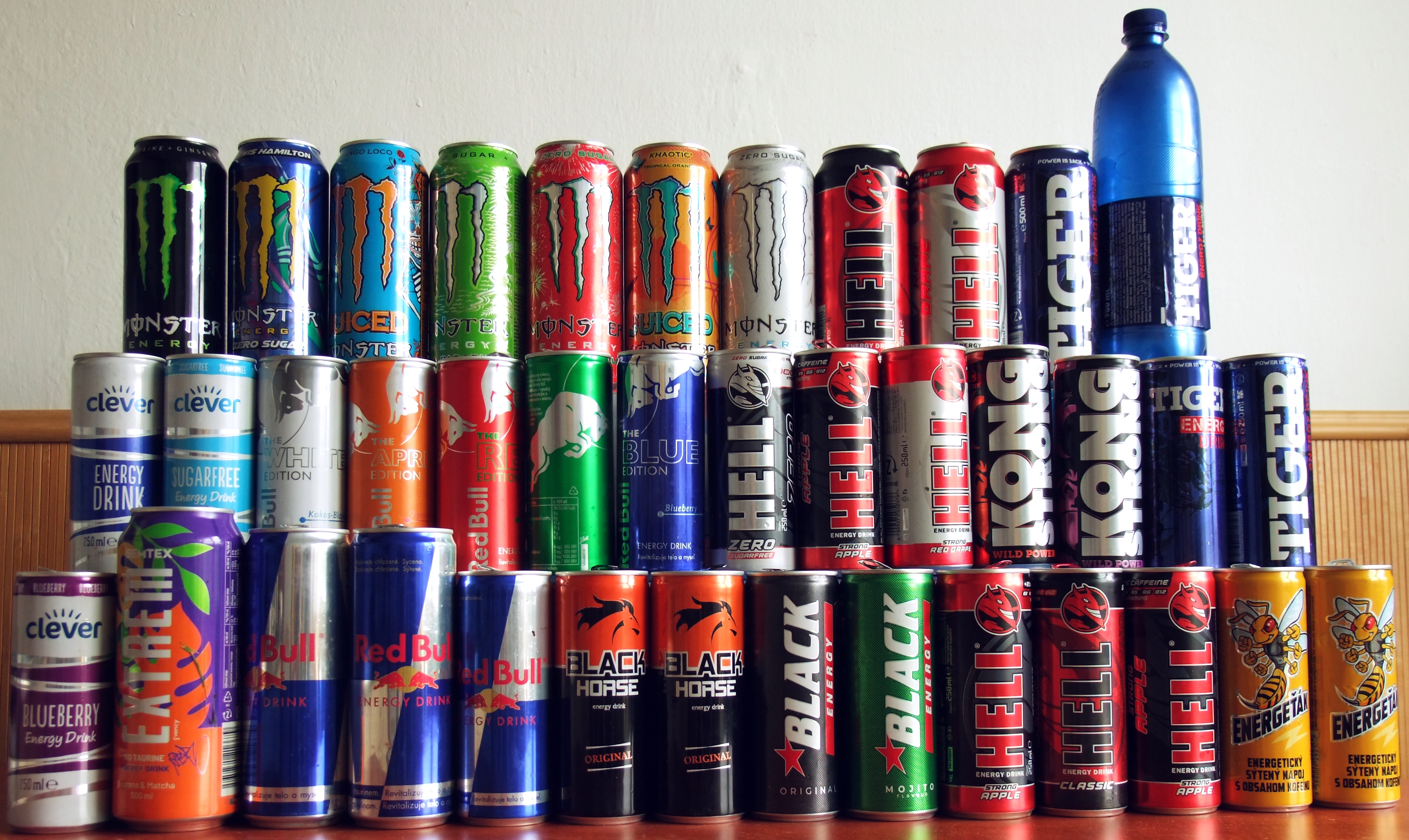 In the world of Google search rankings, determining what content deserves to be at the top can be a challenging task. Many people believe their content is of high quality and should rank well, but the reality is often quite different. In fact, truly great content is rare to find.
In the world of Google search rankings, determining what content deserves to be at the top can be a challenging task. Many people believe their content is of high quality and should rank well, but the reality is often quite different. In fact, truly great content is rare to find.
One of the reasons for this is the abundance of generic and mediocre content on the web. Just because someone thinks their content is high-quality doesn’t mean that others, including Google, will agree. Former Google CEO Eric Schmidt even referred to the web as a “cesspool” back in 2008, highlighting the ongoing issue that Google has yet to fully address.
To combat this problem, Google turned to brands as a solution. By ranking content from well-known brands, Google hoped to improve search quality. However, this approach has led to its own set of issues. Websites can easily monetize their content through advertising programs like Google’s AdSense, leading to a proliferation of copycat and mediocre content that Google must now sift through.
Both Google and content creators share some of the blame for this situation. Google’s algorithms prioritize content from brands, while content creators often mimic the type of content that Google ranks well. As a result, searchers are the ones who suffer.
To illustrate this problem, let’s take a look at a specific example. HouseFresh recently published an article titled “5 best air purifiers for cigarette smoke we have tested.” Upon reading the article, it becomes clear that the content is generic and unhelpful. The same issue persists when searching for “best air purifiers for cigarette smoke” on Google. While some results are better than others, there is still a lack of concise and informative content that truly meets the needs of searchers.
Google finds itself wading through a content trash heap, struggling to determine what deserves to rank. The solution to this problem lies in creating useful and credible brands. This is a long-term process that requires improving every aspect of SEO and consistently delivering better content. Content creators must also take responsibility for their role in this cycle of mediocre content creation.
Fortunately, Google has acknowledged the need for change. The company has hinted that updates are coming to address the issue of search quality. While it remains to be seen when these changes will occur, it is clear that both Google and content creators need to improve in order to provide searchers with the high-quality content they deserve.
In conclusion, determining optimal search rankings for Google in the face of poor content is a complex challenge. The prevalence of generic and mediocre content has led to a search landscape that is often frustrating for users. Both Google and content creators must take responsibility for their role in this issue and work towards delivering better content. Only then can we hope to see improvements in search quality and provide searchers with the valuable information they seek.
